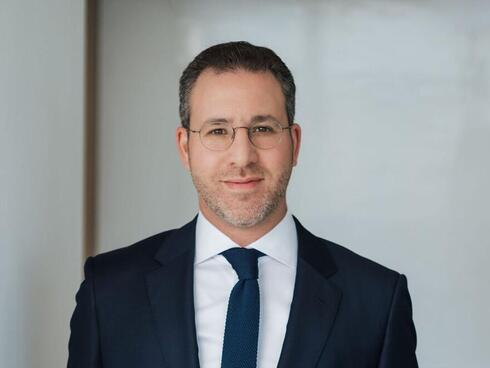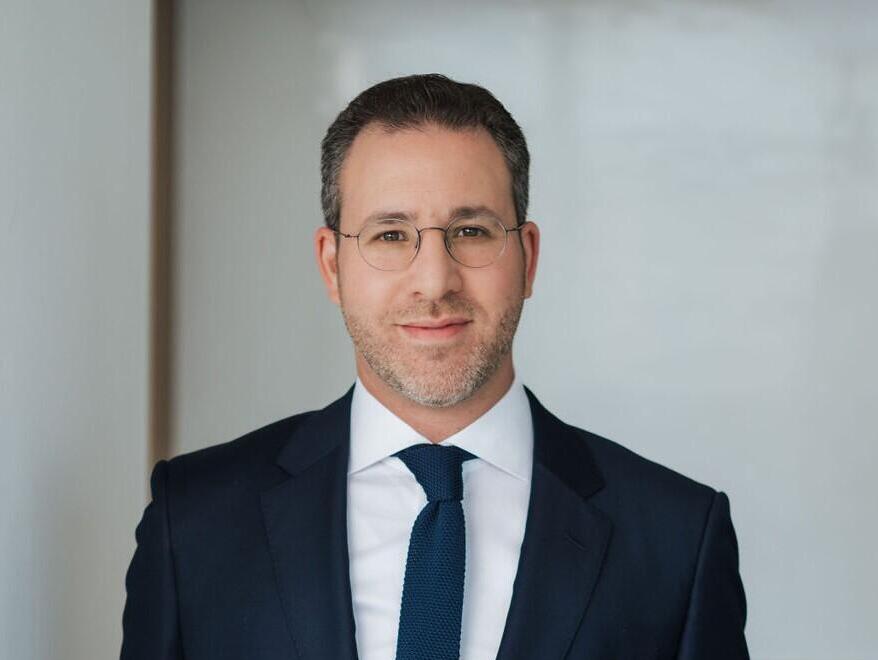
Opinion
When technology meets billions of euros: The time for Israeli startups in Europe has arrived
Will Israeli entrepreneurs seize the opportunity, step beyond their traditional markets, and position themselves as key players in shaping the future of European defense and security?
History doesn’t always announce itself with fanfare. Sometimes, it shifts quietly - through a parliamentary vote, a legislative amendment, or the lifting of a long-standing restriction. Last month, such a shift occurred in Germany.
The Bundestag overwhelmingly approved a constitutional amendment enabling the government to invest hundreds of billions of euros in infrastructure and defense, circumventing the "debt brake" - a fiscal policy that has restricted large-scale investments since 2009. This was more than just an economic adjustment; it was a strategic realignment. Germany has signalled that it can no longer rely on external assurances. With Russia crossing red lines, trust in the United States eroding, and Europe's future increasingly uncertain, Germany is taking matters into its own hands—strengthening its capabilities and seeking cutting-edge technology, pulling the rest of Europe along with it.
Against this backdrop, one question stands out: Where does Israel fit into this transformation?
Israel is home to hundreds of defense-tech companies, offering solutions ranging from advanced drones and AI-driven intelligence systems to cybersecurity, sensors, and operational logistics. These technologies, developed in response to real-world security challenges, are characterized by rapid development cycles, field-proven effectiveness, and innovation that Europe simply does not possess. Yet, despite this clear value proposition, only a small fraction of Israeli companies have prioritized Europe as a strategic market.
For years, Europe was perceived as slow-moving, bureaucratic, and, most importantly, uninterested in defense innovation. That perception is now outdated.
Challenges, however, remain. According to 2024 data from IVC, European investment in Israeli high-tech has dropped to a six-year low. Only 38% of foreign investors in Israeli tech now come from Europe and Asia, a sharp decline from previous years. The share of deals involving these investors has fallen from 76% to 65%. Factors contributing to this shift include geopolitical instability following the events of October 2023, increasing anti-Israel sentiment in parts of Europe, regulatory constraints on pension fund investments, and economic stagnation in key markets.
Yet these very challenges highlight the need for a proactive shift in strategy. Instead of waiting for European investors to return, Israeli entrepreneurs must recognize that Europe is now an open and well-funded market, actively seeking technological solutions.
This is more than just a business opportunity - it is a strategic imperative. In early March, the European Commission announced plans to strengthen defense spending, amounting to €800 billion, with an additional €150 billion in loans earmarked for investments in the sector.
Israel’s competitive edge lies in its ability to deliver real-time innovation, stress-tested in operational environments, with rapid deployment capabilities. This advantage extends not only over European competitors but also over global powerhouses such as the United States and South Korea.
A recent McKinsey report highlights that, in the past year alone, European nations have committed over $1 trillion in additional defense spending. And this is just the beginning. France is nearly doubling its defense budget. Poland has allocated 4.7% of its GDP to defense, and the Baltic states are following suit. Behind these budget increases lies an immediate demand for technology - cybersecurity, communication systems, air defense, sensors, and digital maintenance solutions for combat systems.
The key takeaway is clear: Europe is not looking for ideas - it is looking for precise, ready-to-deploy solutions. It has capital, structured procurement frameworks, and increasing openness to external partnerships. What it lacks is the ability to develop cutting-edge solutions internally.
While European regulations are often seen as barriers, they also offer significant advantages: transparency, predictability, and stability. Unlike in some markets, where legal and regulatory shifts can be abrupt, European policies tend to be consistent. Entrepreneurs who successfully navigate the system gain a long-term competitive edge.
When technology meets €1 trillion in funding, this is not just another market opening - it is an entire continent redefining its security landscape. The real question is: Will Israeli entrepreneurs seize the opportunity, step beyond their traditional markets, and position themselves as key players in shaping the future of European defense and security?
The time to engage with Europe is now. This market is not emerging, it is already here. The only question is: Who will lead it?
The author is a partner at the law firm of Epstein Rosenblum Maoz (ERM), specializing in mergers and acquisitions, venture capital investments and private equity & heads the firm’s German desk.














